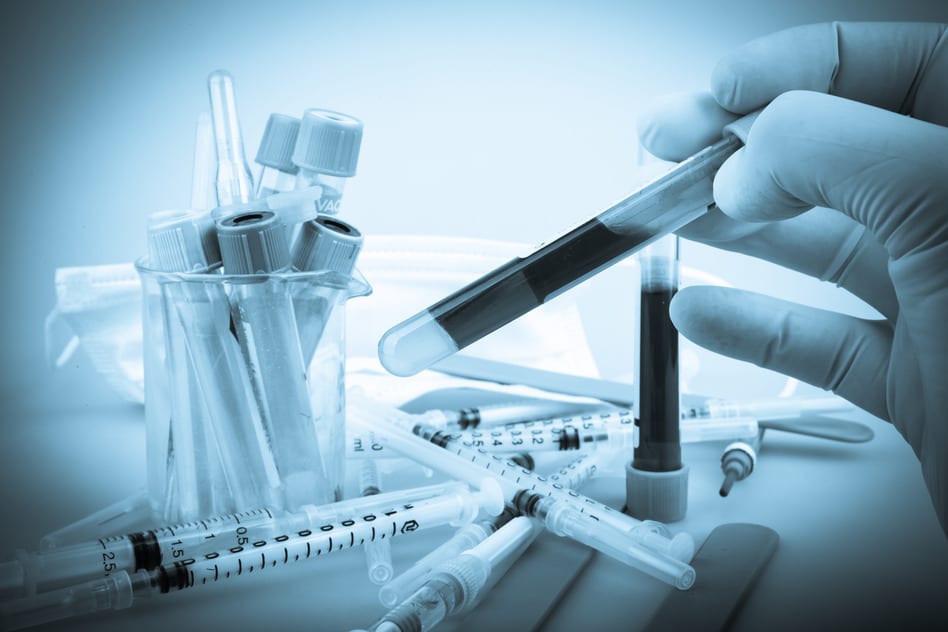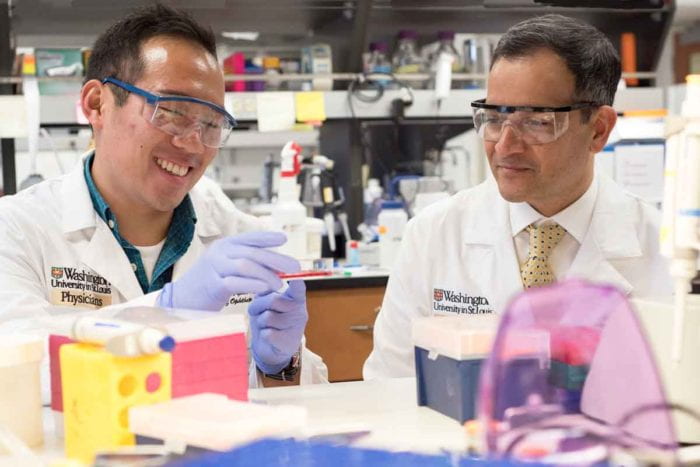
Core Lab for Clinical Studies
CLIA-certified, CAP-inspected clinical laboratory to support clinical and animal research. It offers the lowest available prices for over 200 analytes done in-house as well as for send-out specialty tests referred to national laboratories. Core Lab consults with investigators without charge to help determine the best tests to order and how to reduce costs.

Diabetes Research Center
The mission of the Washington University School of Medicine Diabetes Research Center is to support and enhance research in diabetes and related metabolic diseases through expert Biomedical Research Cores, a vibrant Pilot & Feasibility Program and a dynamic Enrichment Program, all of which address the evolving needs of diabetes investigators.

Mass Spectrometry and Lipidomics Core
The mass spectrometry core provides a variety of services that include high resolution mass measurement of ESI ionizable compounds; comprehensive lipid analysis; MALDI-TOF low resolution measurements of proteins, peptides, oligosaccharides; targeted drug/metabolite/lipid quantitation via triple quad and Q-tof; GC-MS of targeted biomolecules such as 19 canonical amino acids, TCA cycle metabolites, sterols and other volatile or derivatizable compounds; stable isotope tracer analysis of amino acids and TCA cycle metabolites; limited metabolomic analysis with GC-MS amenable metabolites in NIST EI library and statistical analysis via GraphPad Prizm.